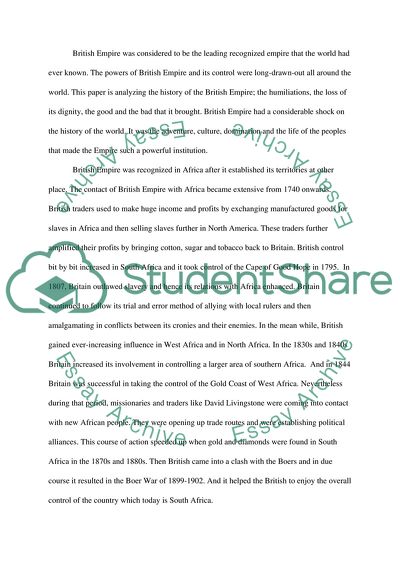Cite this document
(The Arabs without Alienating British Empire Assignment, n.d.)
The Arabs without Alienating British Empire Assignment. https://studentshare.org/history/1712659-britain-could-not-support-a-jewish-state-without-alienating-the-arabs-she-could-not-impose-a-settlement-acceptable-to-the-arabs-without-alienating-the-united
The Arabs without Alienating British Empire Assignment. https://studentshare.org/history/1712659-britain-could-not-support-a-jewish-state-without-alienating-the-arabs-she-could-not-impose-a-settlement-acceptable-to-the-arabs-without-alienating-the-united
(The Arabs Without Alienating British Empire Assignment)
The Arabs Without Alienating British Empire Assignment. https://studentshare.org/history/1712659-britain-could-not-support-a-jewish-state-without-alienating-the-arabs-she-could-not-impose-a-settlement-acceptable-to-the-arabs-without-alienating-the-united.
The Arabs Without Alienating British Empire Assignment. https://studentshare.org/history/1712659-britain-could-not-support-a-jewish-state-without-alienating-the-arabs-she-could-not-impose-a-settlement-acceptable-to-the-arabs-without-alienating-the-united.
“The Arabs Without Alienating British Empire Assignment”. https://studentshare.org/history/1712659-britain-could-not-support-a-jewish-state-without-alienating-the-arabs-she-could-not-impose-a-settlement-acceptable-to-the-arabs-without-alienating-the-united.


